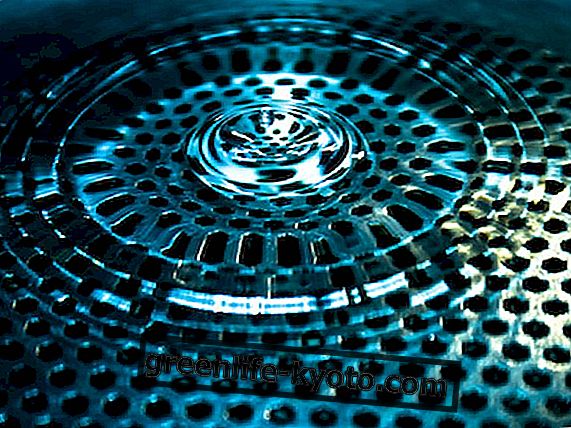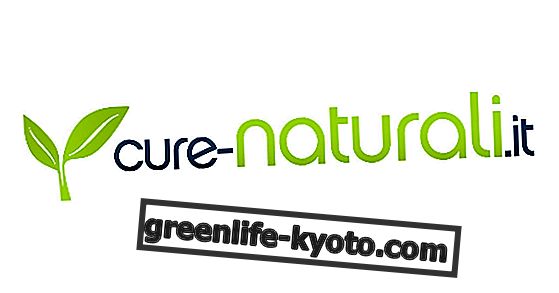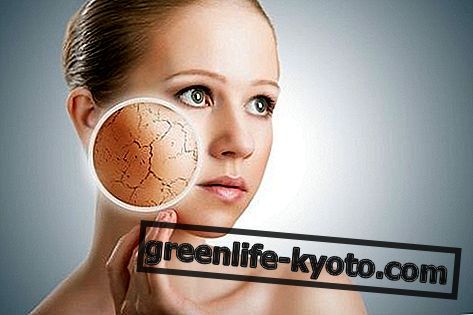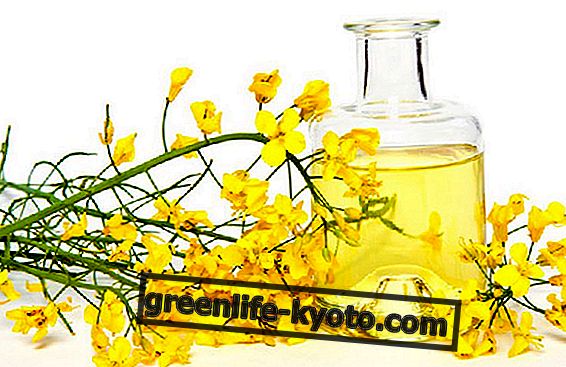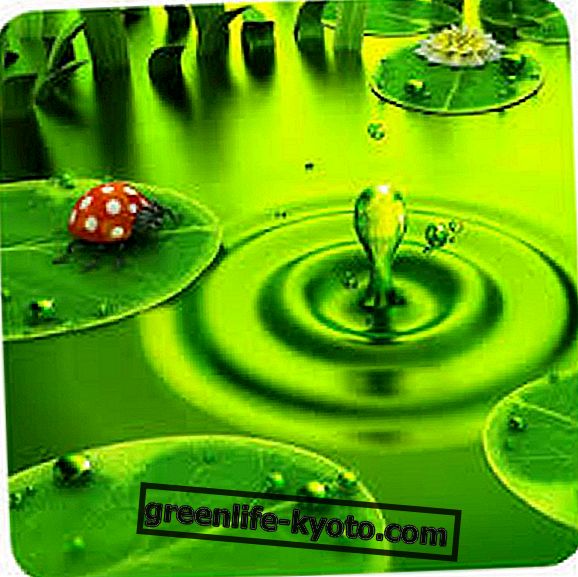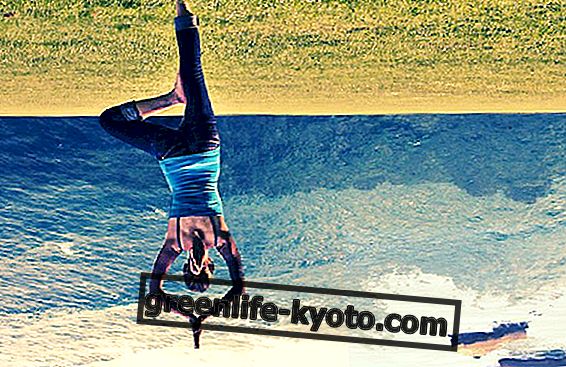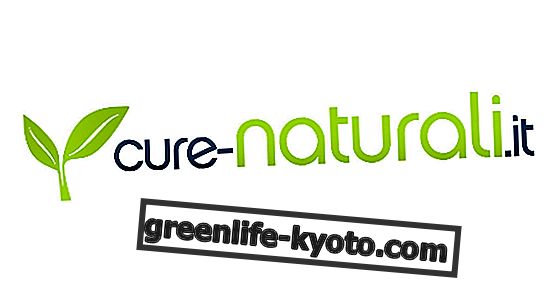Brussels sprouts, Brassica oleracea, belong to the cabbage family. Rich in antioxidants, they are useful for eyes, brain, bones and prostate. Let's find out better.

Description of Brussels sprouts
Despite the name, Brussels sprouts are mainly cultivated in central and northern Europe and are a typical winter vegetable.
The sprouts are similar in structure to the real cabbage, but in miniature. To obtain uniform Brussels sprouts, the tip of the stem is cut as they begin to develop.
Properties and benefits of Brussels sprouts
Brussels sprouts contain a good proportion of mineral salts, including phosphorus and iron; proteins ; fibers ; and vitamins, in particular vitamin C, vitamin A, vitamin K and vitamins of group B.
They have a beneficial effect on female hormonal metabolism and are recognized as having antianemic and detoxifying properties.
These miniature cabbages are considered real stimulants of brain activity and concentration; it seems that this property derives from the combination of thiamine and folic acid, of which they are quite rich.
Brussels sprouts are a mine of antioxidants, including thiocyanates, indoles, zeaxanthin, sulforaphane and isothiocyanates; for this reason they are considered a useful food in the prevention of tumors, in particular those of the prostate, breast and colon. Zeaxanthin also protects the retina of the eyes.
Vitamin K contained in Brussels sprouts is very useful for good bone health.
Calories and nutritional values of Brussels sprouts
100 g of Brussels sprouts contain raw 37 kcal / 155 kj, boiled 59 kcal / 246 kj.
Furthermore, for every 100 g of this product, we have:
- Water 77 g
- Carbohydrates 4.2 g, (6.60 g boiled)
- Sugars 3.3 g (5.3 g boiled)
- Protein 4.2 g (6.70 g boiled)
- Fats 0.5 g (0.8 g boiled)
- Cholesterol 0 g
- Total fiber 5 g
- Sodium 4 mg
- Potassium 450 mg
- Iron 1.1 mg
- Calcium 51 mg
- Phosphorus 50 mg
- Vitamin B1 0.8 mg
- Vitamin B2 0.14 mg
- Vitamin B3 0.7 mg
- Vitamin A 220 µg (300 µg boiled)
- Vitamin C 81 mg (52 g boiled)
Brussels sprouts, allies of
Prostate, colon, eyes, bones, brain.
Curiosity about Brussels sprouts
- In ancient times, the cooking water of Brussels sprouts was used as a remedy to sober up.
- They are called Brussels sprouts, but with Belgium it seems that they do not have many relationships. According to tradition, it appears that they originate from Italy and were later imported into Belgium by Roman legionaries. More than three quarters of the world production of these miniature cabbages currently takes place in England, and a large part of the remaining production is divided between France and Holland. The Belgian population is not even a big consumer of these vegetables, which are much more appreciated by Scots and Dutch.
A recipe with Brussels sprouts
Brussels sprouts lend themselves to various quick and easy preparations. To make them more digestible they should always be scalded in salted water for a few minutes . A quick way to bring them to the table and use them as a light side dish, following this simple recipe.
Wash the sprouts and cook them in boiling salted water for 5-7 minutes. Sauté a clove of garlic and a chopped shallot in a pan without frying them too much, and add half a glass of vegetable broth.
Add the Brussels sprouts, season with salt and pepper, and season with a drizzle of extra virgin olive oil.
